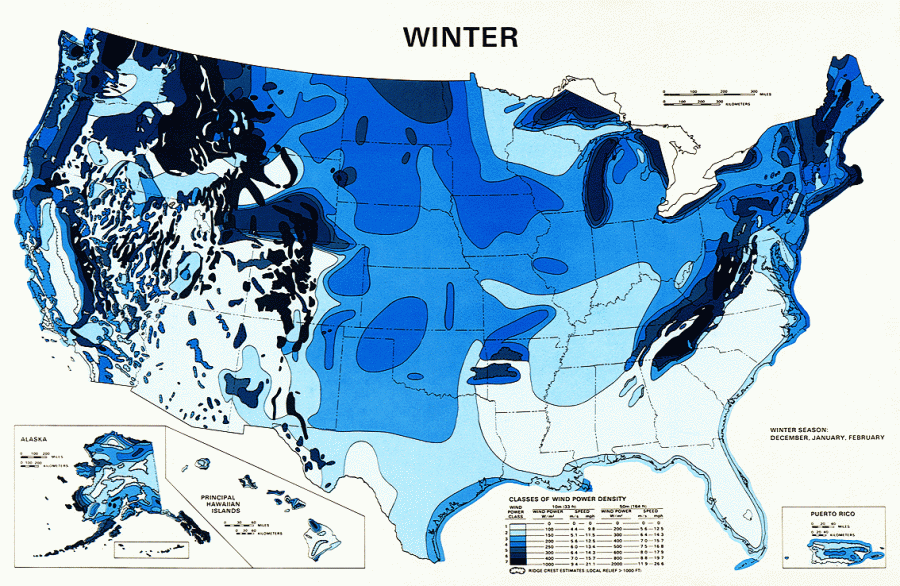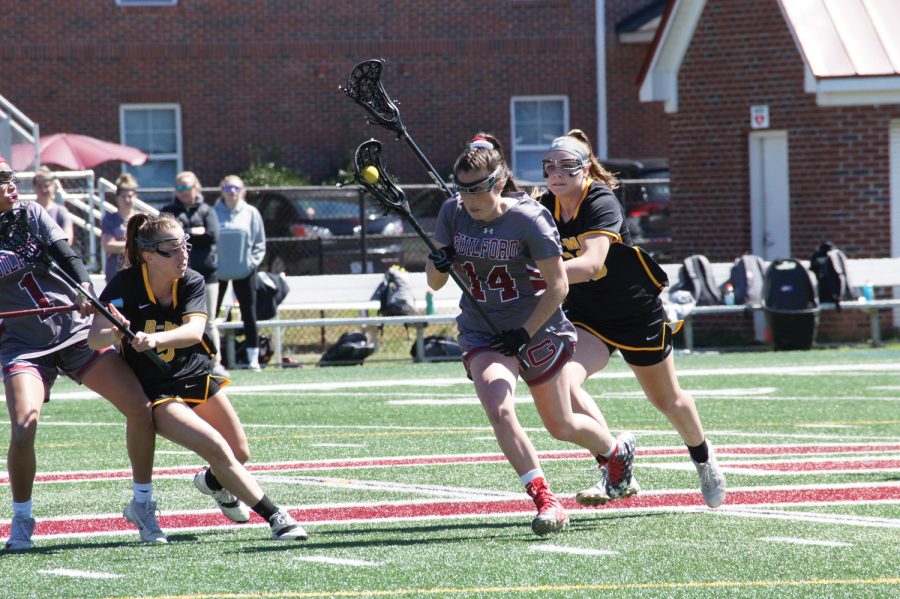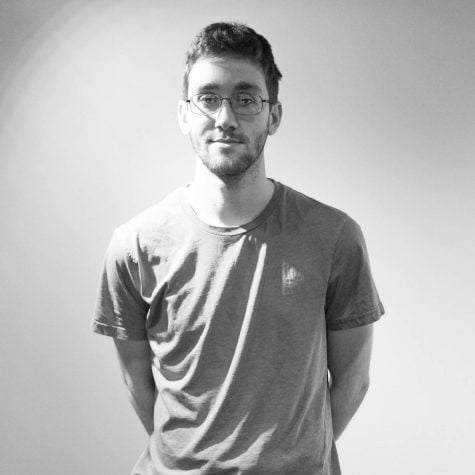For most of December and January, The Guilfordian will take its annual winter hiatus. However, there are plenty of important stories in the United States and around the world that students should keep their eyes on.
Here are two big stories to look out for during the break.
U.S. politics
The biggest story in the U.S. since Nov. 8 has been President-elect Donald Trump and the team he is assembling to lead the nation.
Many of Trump’s announced Cabinet appointments are controversial, one being Sen. Jeff Sessions of Alabama.
Trump selected Sessions to be his attorney general on Nov. 18. President Ronald Reagan nominated Sessions to be a federal district court judge in 1986, but the Senate Judiciary Committee rejected the bid citing a number of racially insensitive comments that Sessions was accused of making.
The incoming Trump administration as well as the 115th Congress will be under heavy scrutiny as the New Year draws near. The presidential inauguration will take place Jan. 20.
Elsewhere in politics, the North Carolina gubernatorial race continues to drag on without an official winner. The State Board of Elections ordered a recount in Durham County on Nov. 30 that could help decide the race.
Currently, Gov. Pat McCrory unofficially trails Roy Cooper, state attorney general, by 10,257 votes according to The New York Times.
Additionally, a federal court on Nov. 29 ordered North Carolina to redraw state legislative districts it deemed racially gerrymandered and to hold special elections in 2017.
Climate change deal
Of the nearly 200 nations that signed the Paris Agreement in 2015, 115 have ratified the climate deal, including two of the world’s largest polluters: China and the U.S. However, the fate of the accord remains up in the air.
Though 71 percent of Americans say that the U.S. should participate in the Paris Agreement, according to a survey conducted by the Chicago Council on Global Affairs, President-elect Trump has expressed a desire to withdraw from the deal.
Should the Trump administration seek to leave the pact, world leaders must decide whether to pursue policies to mitigate climate change without the U.S. or abandon the Paris Agreement altogether.
Some world leaders have weighed in on the matter, warning the federal government.
“The United States, the largest economic power in the world and the second largest greenhouse gas emitter, must respect the commitments it has undertaken,” said French President Francois Hollande during the United Nations Climate Change Conference in Morocco, according to Reuters.
Some leaders have threatened to levy a carbon tax on U.S. exports should the nation pull out of the climate deal.
The Paris Agreement seeks to prevent the global mean temperature from reaching 2 degrees Celsius above pre-industrial levels. According to the National Oceanic and Atmospheric Administration, 15 of the warmest 16 years in history have occurred in the 21st century.
Other stories to follow:
Dakota Access Pipeline
Protests against the Dakota Access Pipeline continue in Standing Rock, North Dakota. The treatment of protesters and indigenous groups by state and federal authorities has caught the attention of the American Civil Liberties Union, Amnesty International and even the U.N. Whether disagreements over Native American rights and the environment are resolved is yet to be seen.
Armed conflicts
From Mexico to Myanmar and Yemen to Sudan, there are several ongoing armed conflicts in the world. Each boasts its share of ethnic, religious, political and economic complexities. One conflict that may be nearing its long overdue end, however, is in Colombia between government and paramilitary forces.
Oil supply
The Organization of Petroleum Exporting Countries has had significantly less sway over the world price for oil the past two years largely due to overproduction. Yet, change may be on the way. OPEC’s largest producers have agreed to cut back production in January, according to Bloomberg. The effects of this decision may work its way to the gas pump.

















